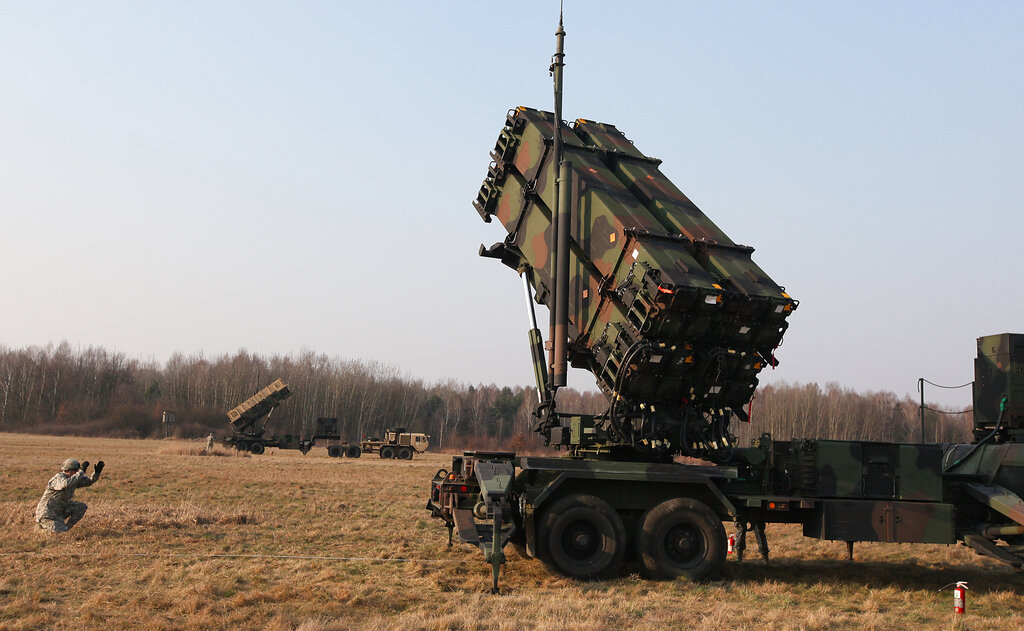Germany’s claim that there are agreements in NATO not to send any heavy equipment or tanks to Ukraine is untrue, according to Polish Ambassador to NATO Tomasz Szatkowski.
The Polish diplomat stated that deciding on the Patriot anti-missile systems delivery to Ukraine is entirely up to Germany, not NATO.
“It is a matter of bilateral agreements, in this case mainly between Berlin and Kyiv, plus Warsaw to some extent,” Szatkowski said during an interview with Polish Radio One.
He assessed that Germany’s declaration that this should be a decision made by NATO is surprising, as “Germany supports the approach in which NATO is not formally involved in the decision process regarding support for Ukraine.”
“In the past months, we have heard Berlin say many times that there are some deals in NATO, for instance, that it is not allowed to send heavy equipment or tanks to Ukraine. Then, that only tanks that were not made in the West can be sent. It is absolutely untrue, there are no such agreements, unless they were a result of undisclosed talks between some allies that I have no knowledge of,” pointed out Szatkowski.
The ambassador quipped that the current stance of NATO regarding the support Ukraine “reminds me of Schrödinger’s cat.” He pointed out that on the one hand, there is a discussion about possible ways to support Ukraine, with air-defense being one of the priorities, and on the other hand, there is “some countries’ aversion to NATO as an organization delivering weapons to Ukraine.”
There are also some big surprises, said Szatkowski, such as the attitude of Spain, Italy, and France towards supporting Ukraine, which has dramatically improved. France, for example, is the only country apart from Poland that has delivered entire artillery systems with ammunition and fire control systems.
Szatkowski was asked what further steps Russia can take to defeat Ukraine. He answered that in the near future, there is no threat of another attack on Kyiv. According to the ambassador, in the coming months, Moscow will not be able to boost its fighting capabilities to this extent.
Szatkowski also highlighted events in Belarus, including the sudden death of Foreign Minister Vladimir Makei. He assessed that future events in that country must be closely monitored.






